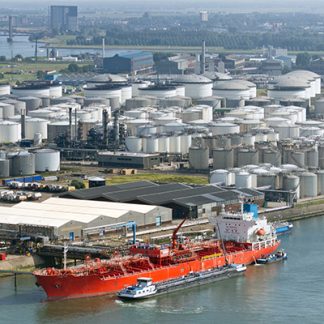Description
OBJECTIVES:
By the end of this course delegates will:
- Explain the developments in port and terminal
- Participate effectively in the process of acquiring related terminal equipment
- Monitor and control the operations and utilisation of terminal/ports resources.
- Set an optimum maintenance programme for their terminal equipment
- Analyse the costs and financial aspects of their terminal operations
- Comply with legislative requirements for safe operations
PROGRAMME DETAILS:
Day One
- Introduction to shipping
- Vessels types and their use
- Ports and their impact on shipping
- Terminal facilities
- Storage and transit
- Influence on supply chain throughput
Day Two
- Terminal operations
- Types and characteristics
- Receiving, offloading activities
- Loading and dispatch
- Terminal delays and associated impacts on operations
- Planning the operations
- Resource requirements
- Information
- People
- Equipment
Day Three
- Productivity and utilisations factors
- Management and control
- Costing and financial factors
- Monitoring and control traditional and good practices
Day Four
- Intermodal movements
- Customs procedures
- Intermodal vehicles
- Intermodal infrastructure
- Track and tracing systems
- Documentation requirements
- Role of 3PLs
Day Five
- Safety and security
- Safety of operations
- Security of cargo; and people
- Handling equipment
- Dangerous and hazardous goods
- Legislation and shipping operations



